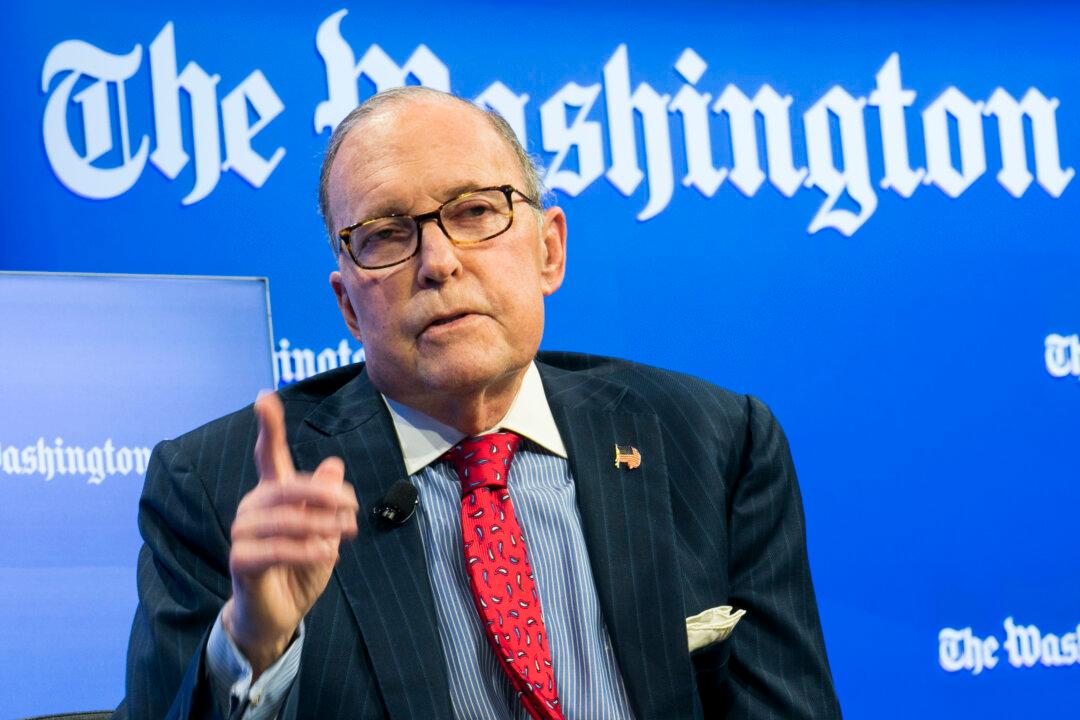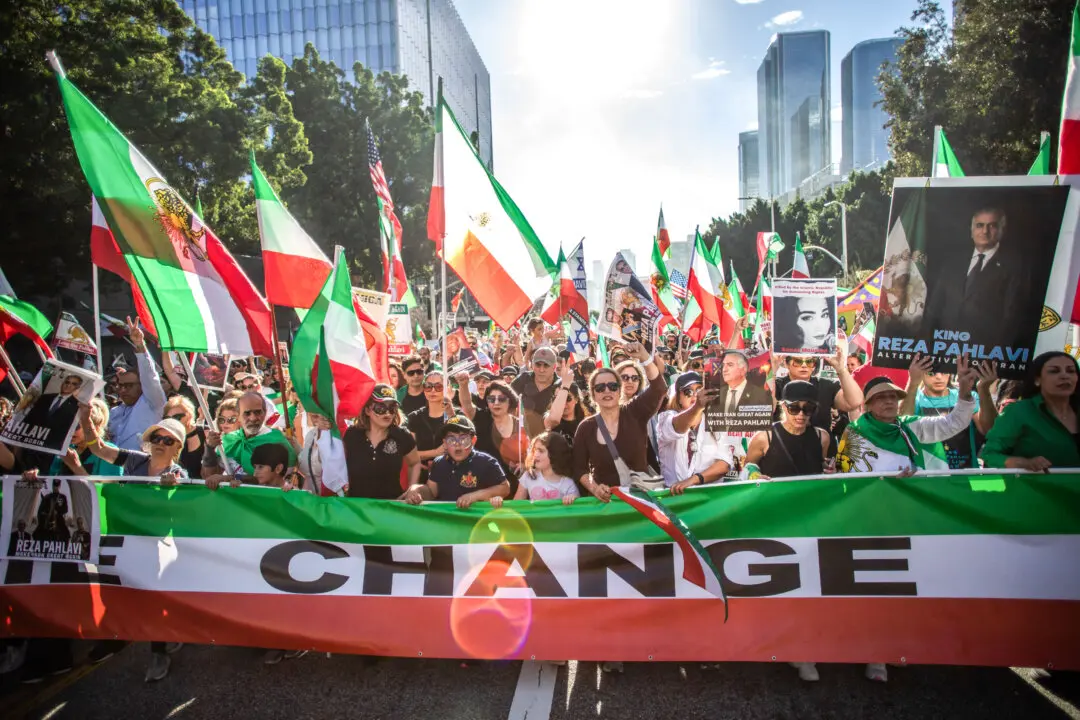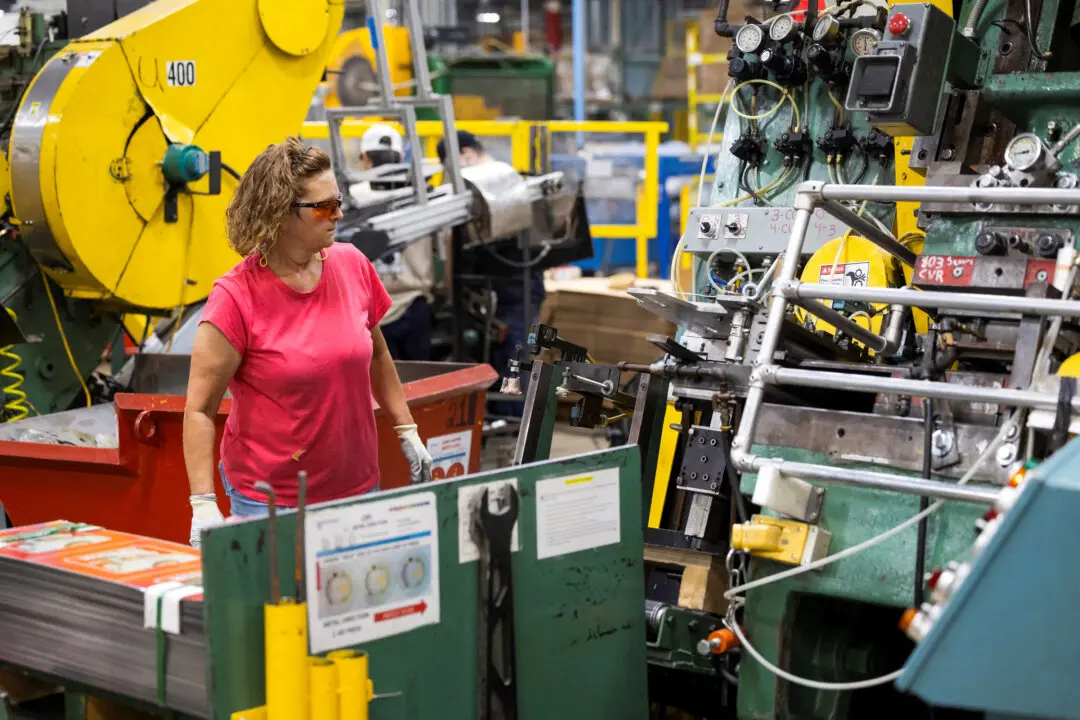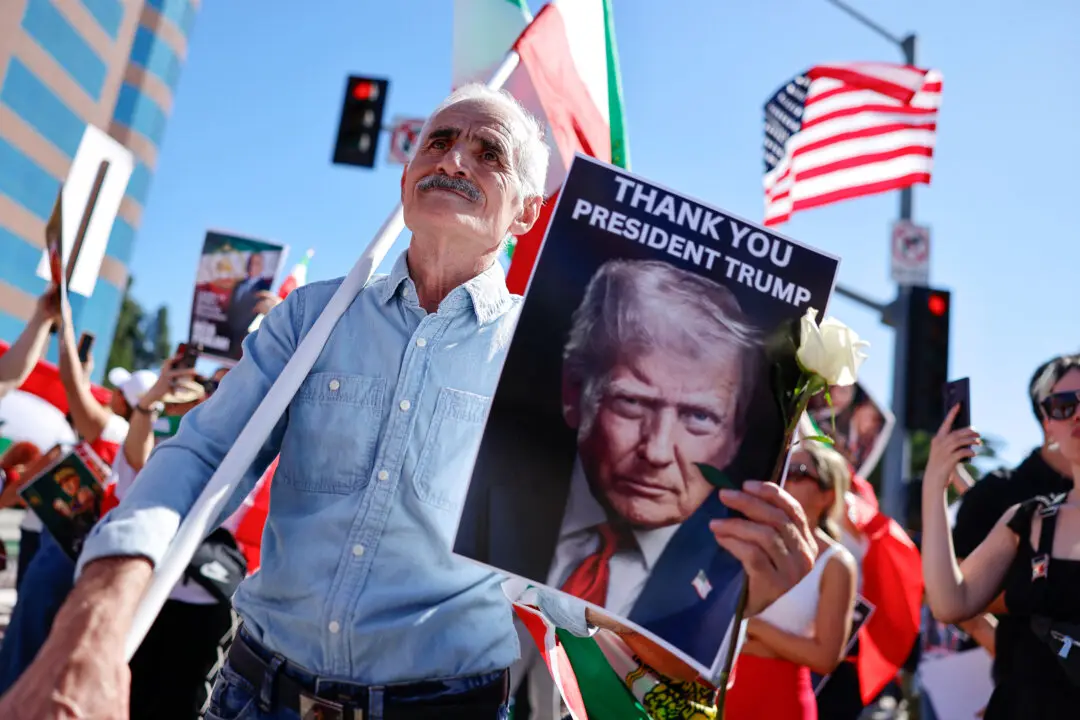WASHINGTON—The White House’s top economic adviser said on Nov. 1 that if China does not come up with a satisfactory offer to meet U.S. trade demands, then President Donald Trump will continue to aggressively pursue his agenda.
Larry Kudlow, director of the National Economic Council, admitted that the trade war created questions and anxieties among business owners. However, he defended the president by calling him a “free-trader” who wants to get rid of all tariff and non-tariff barriers.





